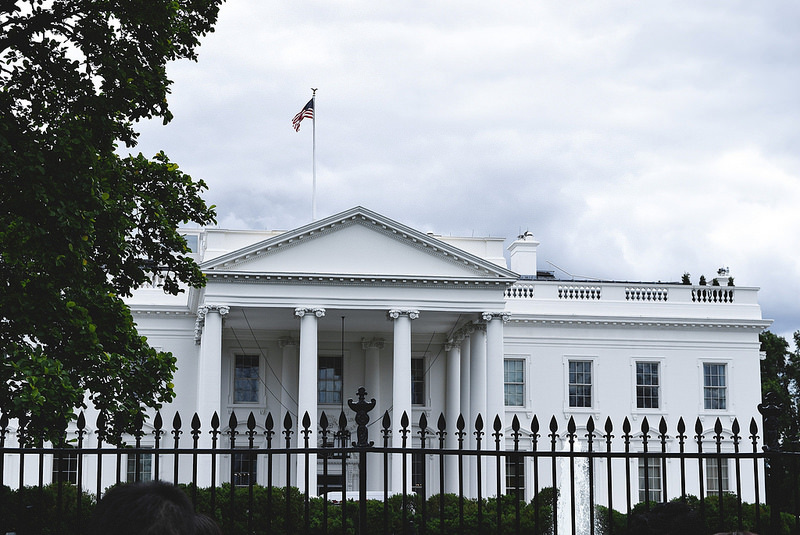| The election, Melissa Deckman told the New York Times, “could well be the most negative in history.” One prominent television ad for the Democratic nominee features a man who says he is a life-long Republican. He always votes for the Republican presidential ticket. But of this year’s nominee, he says, “This man scares me.” He says a friend assured him that just because someone acts irresponsibly during the campaign, it doesn’t mean he won’t act differently as president. “I don’t buy that.” |
| | You may think you understand those paragraphs in the context of current events, but the first statement was made during the 2012 presidential campaign, and the second was an ad paid for by the Lyndon Johnson campaign in 1964. Barry Goldwater was the “irresponsible” man referenced. And somehow, the republic survives and the people keep picking leaders. Negative campaigns are a time-honored part of presidential politics, as is the hyperventilated warning that the current election is the most important in the nation’s history. It’s true the hyperventilating has the rasp of validity this time around. Both major candidates are so unpopular that many people appear determined to vote for one just to keep the other from winning. Utah actually may award its electoral votes to a relatively unknown independent, which lends a soberness to the sound of familiar concerns. And certainly, Donald Trump’s habit of personally and publicly mocking his opponents and others is something new. Even in the raucous 19th century, candidates did such things only in pamphlets or through surrogates. But when you consider those early tactics referred to Abraham Lincoln as, to use modern language, a cross between a drug dealer, a thief and a man who cleans outhouses, and to John Quincy Adams as a pimp, it’s safe to say the nation has seen it all before. That doesn’t make voting any easier, especially with so much at stake in a world where deleted emails and locker room talk seem trivial compared to existential threats. A newly released book by author Robert Strauss, titled, “Worst. President. Ever.” (Lyons Press) unfortunately doesn’t help much. That doesn’t mean it’s not worth reading. It just means your job between now and Nov. 8 is even harder than you thought. Strauss gives the bottom rung to James Buchanan. He makes a compelling argument. People in these parts may not like Barack Obama, but at least he won’t be handing over a nation in which several states have seceded without opposition. Buchanan felt secession was illegal, but he also felt he had no authority to stop it, so he didn’t. But here’s the maddening thing for voters: You probably would have voted for him in 1856, or even in 2016. He was, to put it mildly, as far from Hillary Clinton and Donald Trump as a politician could get. Strauss calls Buchanan an honest man. He made a point of not insulting anyone, including his political enemies. In other words, he nailed what we call today the “character issue.” He was unquestionably qualified, having served in the House and Senate, as secretary of state and as ambassador to England. He had even turned down an appointment to the Supreme Court. Despite all this, Strauss tells us, “… it seems that Buchanan was just a bad president — a poor chooser of associates, a waverer when quickness was necessary, pompous when he should have been contrite, oblivious to both current events and public thought, and living in a sheltered past in an era when America was really burgeoning on the world scene.” Who could have foreseen all that? The Buchanan administration offers no hope to modern voters. It doesn’t even allow people to say it shows Americans can survive bad presidents. After all, the Buchanan administration led to a Civil War that nearly wrecked the nation for good. What it does, however, is offer a sense of how the current mud fest is largely irrelevant to the task ahead. No one can predict the crises the next president will face. Buchanan’s downfall had to do with his core convictions. Get to those and you have the basis for a decision. I told you your job was harder than you thought. |


 RSS Feed
RSS Feed

